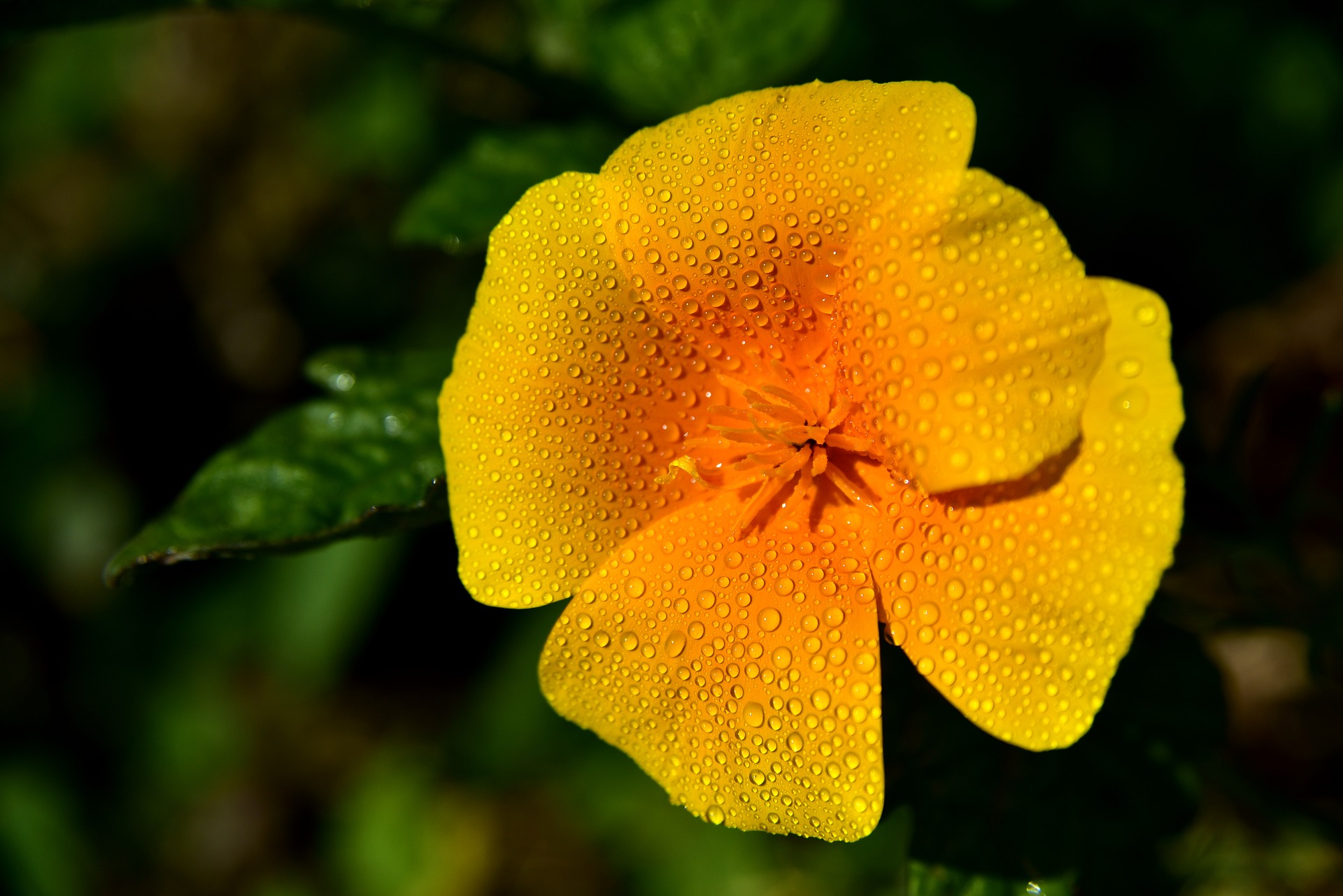There are many approaches to gardening, whether you’re dealing with a small back yard or a large expanse of open space, and as always there is more than one way to make a creation that you can be proud of. In recent times, more and more people have opted for holistic gardening, and it’s easy to see why.
In simple terms, holistic gardening can incorporate a number of strategies that help to create a garden that does so much more than look pleasing to the eye. These strategies can include:
- Being kinder to wildlife and weeds
- The use of self-seeding plants
- Less of an emphasis on a manicured lawn
- Thinking more about the environment
- Recycling materials such as tree bark
- Greater utilisation of the sun, wind and rain
- Reducing or removing the use of chemicals
